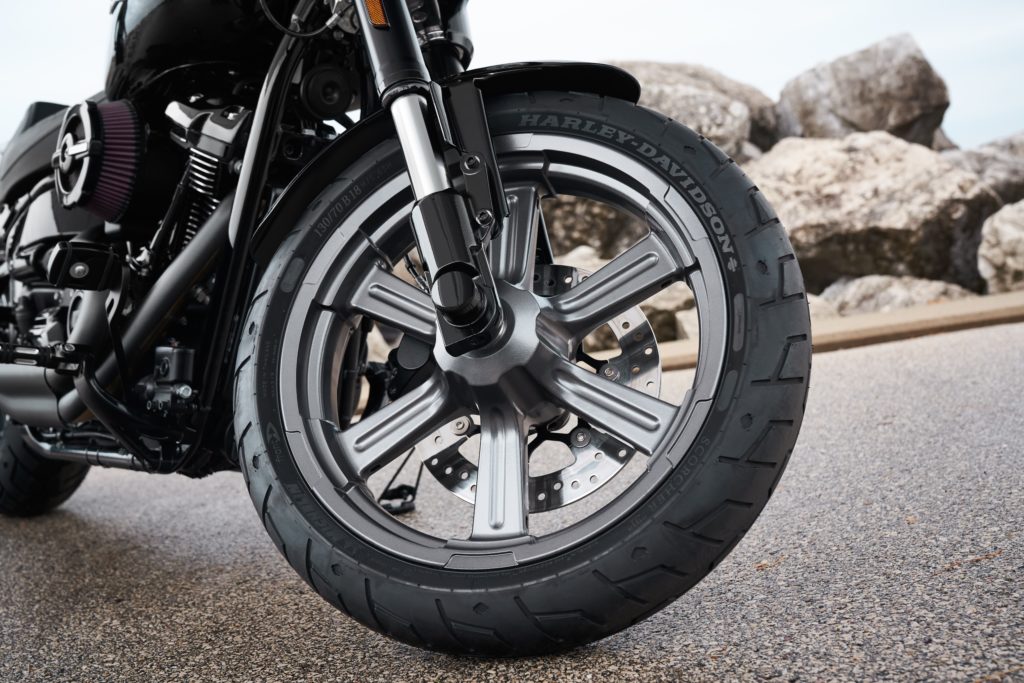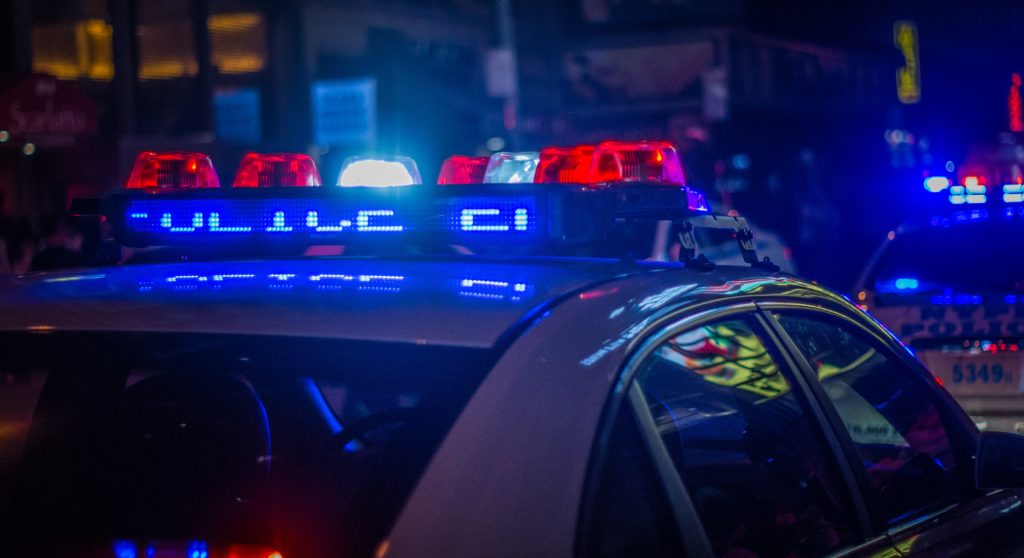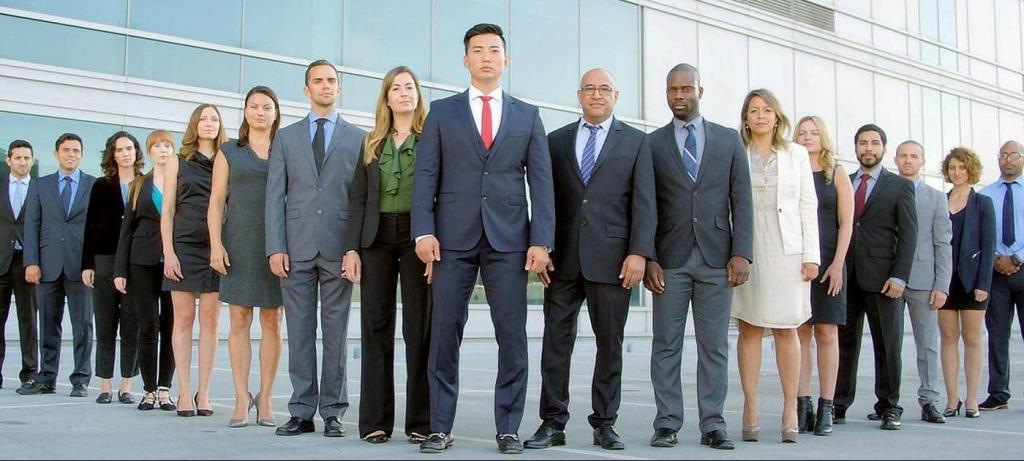Motorcycle Accident

Recent studies show that as of 2019, the rate of motorcycle accident occurrences has declined by 9.4%. While that is good news, motorcyclists should still drive cautiously and prepare for the worst.
It only takes one accident for your life to change. Without the correct information at hand, you won’t know how to appropriately respond to a crash. Every action taken (or not taken) following an accident could have dramatic consequences.
Keep reading to find out five crucial things you must do immediately after a motorcycle crash.
1. Seek Medical Attention
In any motor accident, safety and wellbeing come first. As such, the first thing to do after a motorcycle accident is to make sure you and anyone else involved is safe.
Once you confirm you can still move around, ensure you move everyone off the road and away from oncoming traffic. This will prevent the accident from escalating. Immediately after, call 911.
In an accident where the injuries don’t seem serious, you should still prioritize medical care as soon as possible. That’s because some injuries you sustain in a traffic accident can seem minor, only to lead to more substantial issues down the road.
You will also need to document your medical treatment journey. Without proper records confirming the kind of medical care you received, you’ll have difficulty dealing with the insurance adjuster.
2. Wait for Law Enforcement Officers

Once you ensure on-scene safety and wellbeing, you need to call the police and wait for them to arrive.
As you wait for local law enforcement officers to drive, avoid speaking to anyone. It’s common for riders/drivers to initially take on the blame for the motorcycle accident at the scene, even if they were not the ones at fault.
However, in many instances, these same riders/drivers will deny their negligence. Additionally, in some unusual cases, a rider/driver who was present at the scene will repeatedly deny it.
While waiting for the authorities to arrive, document the scene by taking photos and writing down as much as you can remember. The police will also have their own written report.
Make sure your version of what happened makes it to the police report, as well. Ideally, the stories should align, but the other motorist’s account may differ from what you recall.
The police can take days to finish their report. It’s important to stay adamant and eventually get a copy of that police report when it becomes available. You can either walk into the local traffic department for it or apply online for your copy.
3. Document the Scene of the Motorcycle Accident
Your post-accident medical journey isn’t the only thing you need to document. The scene of the accident is another critical component to document. The evidence you gather at the scene will play a significant role when dealing with insurance later on.
Take photos of the scene, preferably before you move anything. If you can capture the original position of everything after the crash, it helps make your case should a dispute arise later.
You should also take photos of all physical injuries that have developed due to the crash. These photos, in conjunction with your medical records, will help you when filing your claim.
Upload these photos onto a cloud backup service. If you happen to lose the copies on your phone, you still have the backup pictures in place.
Don’t confront the other party involved in the accident while taking pictures. It’s easy to get into a disagreement at this point, as taking photos can set the other party on the defense. Keep a non-confrontational demeanor as you wait for the police to arrive.
4. Obtain Witness Information
It’s not unusual for the police to get the wrong contact information while at the scene. With that in mind, you can’t wait until you get the police report to acquire contact information.
While waiting for law enforcement to get to the scene, take the opportunity to get as much contact information as possible from all the other parties involved in the crash, along with contact information from any witnesses.
Request names, email addresses, phone numbers, and physical addresses of the drivers/riders and passengers. Furthermore, you should also scour the scene for potential witnesses.
Aside from contact information, you also need to note the driver’s insurance information and the license plate number.
Other information you should note includes how long emergency services took to get to the scene and the responders’ reactions when they first saw you.
5. Get a Motorcycle Accident Lawyer

You need to hire a reliable motorcycle accident lawyer before filing your claim to help you with the process. If you don’t, you risk significant errors that can cost you dearly down the line.
For example, California is a comparative fault law state when it comes to motorbike crashes. If you don’t understand the fine print in your policy, it’s easy for you to assume you fall under a no-fault accident situation.
That may make you take a different approach when filing the claim or dealing with a lawsuit only to discover the costly truth.
Hire an experienced attorney to help you interpret the fine print in your insurance policy. You’ll have an accurate understanding of the claim’s process. This will also play a role in agreeing to a settlement amount instead of going to trial.
Having an attorney will come in handy once you file a claim and need to speak to an adjuster. The insurance company is not your friend. Thus, revealing more details than necessary to process the claim can have a negative impact.
Your attorney will handle any communication from the insurance firm to help protect your interests. Engaging an experienced lawyer also helps with negotiations, as they have done it before. You’ll likely get better compensation with an attorney negotiation on your behalf.
The Correct Response After a Motorcycle Accident Is Make-or-Break
A motorcycle accident can alter the course of your life in an instant. If you suffer the unfortunate fate of being in a motorcycle crash, how you respond is critical. Take the time to learn how to process the aftermath of a motorcycle crash to ensure you protect your interests.
Motorcycle accident attorney, Daniel Kim, believes in the power of personalized legal services to assist each client uniquely after a motorcycle crash. Contact us for a free no-obligation consultation.
CALL NOW

